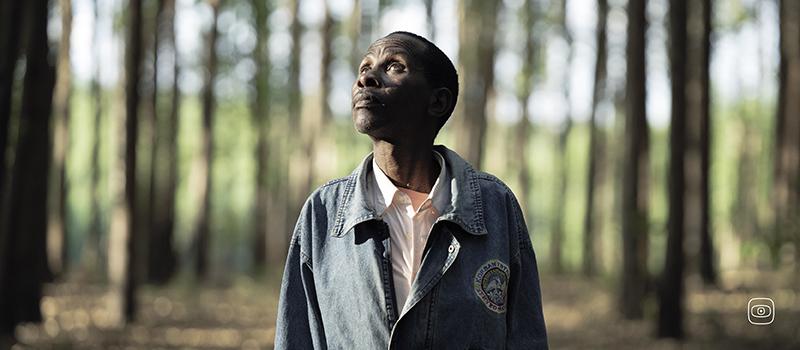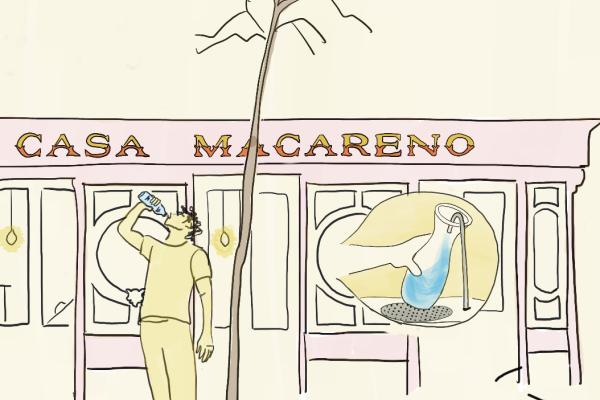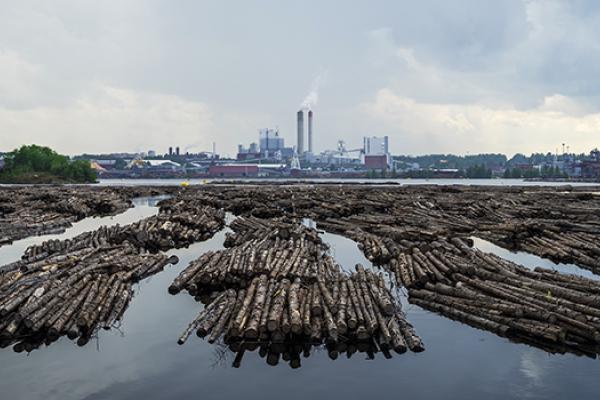The rise of e-commerce, food delivery services, and the EU policies ( like the Packaging and Packaging Waste Regulation) aimed at replacing single-use plastics with single-use paper products have all contributed to a surge in cellulose demand.
In the past, cellulose was largely sourced from Portugal, but the Portuguese government put on hold the expansion of new plantations of this species, due to the debated inflammability and environmental impact in the Iberian country. Following this decision, several European companies moved to Mozambique to plant extensive areas of this type of timber, mostly in rural areas where local communities were enticed by promises of new job opportunities. However, more than a decade after the initial plantations, these rural residents now feel deceived and are demanding the return of their land.
Beneath the seemingly serene appearance of tree plantations, the impact on vulnerable rural communities becomes evident through interviews and on-the-ground reporting. Some residents complained about the impact on water wells nearby the plantations, though the company involved denies the allegations, maintaining that it is committed to both social and environmental responsibility in the region.
The team looked into official data, academic investigations, authorities and company reports, working contracts and land concession contracts with the help of national and international civil society actors.
Image: Mugabe in Gondola: Local communities in Manica, Mozambique, are suddenly surrounded
by eucalyptus plantations, replacing their agricultural land and source of food production.
Photo by Davide Mancini

![Eucalyptus in Gondola, Mozambique. Eucalyptus plantations are expanding in Manica, Mozambique, to feed an increasing demand for paper pulp in Europe and the Global North. [Photo: Juan Maza Calleja] Eucalyptus in Gondola](/sites/default/files/styles/site_width_half/public/2024-12/Eucalyptus%20plantations%20Gondola.jpg?itok=78wTTpAL)






